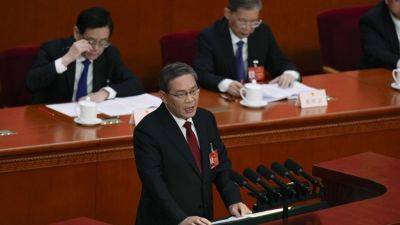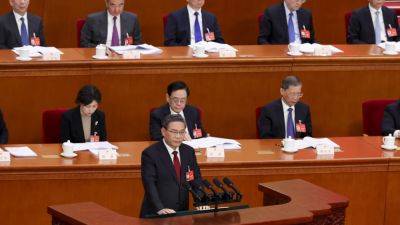Michael Burry’s ‘Big Short’ logic on China tech stocks
Wall Street these days is going to great lengths to avoid Chinese stocks. Michael Burry, for one, is bucking the trend, raising tantalizing new questions about whether the herd is getting Asia’s biggest economy wrong after a nearly US$7 trillion stock selloff.
You would expect nothing less from a money manager who rose to fame in Michael Lewis’s 2010 book “The Big Short.” In 2015, actor Christian Bale played Burry in Hollywood’s take on a ragged assortment of players involved in the 2008 subprime crisis.
In that episode, Burry saw the coming meltdown — and the forces, blunders and institutions behind it — more clearly than virtually anyone. Those who invested with his Scion Asset Management in 2000 enjoyed returns of nearly 490% by 2008.
Burry is turning heads anew by betting big on China Inc at a moment when most investors are rushing for the exits. In recent months, Burry’s firm made China’s Alibaba Group its top holding and wagered on JD.com, too.
Filings show Burry’s upped his stake in the e-commerce juggernaut Jack Ma founded by 50% in the year ended December 31. The positions aren’t huge — just under $6 million in each of Alibaba and JD. Yet the trades are bewilderingly at odds with the capital zooming away from China, including a tech sector plagued by regulatory chaos these last few years.
China’s nearly $7 trillion stock rout since 2021 has largely drowned out discussions of contrarian bets or bargain shopping. Burry’s China pivot is the exception, particularly because of the struggles facing both Alibaba and JD, whose shares are down 25% and 53% respectively over the last 12 months.
Along with China’s regulatory risks and slowing economic growth, tech shares face headwinds amid fears about the nation’s property







